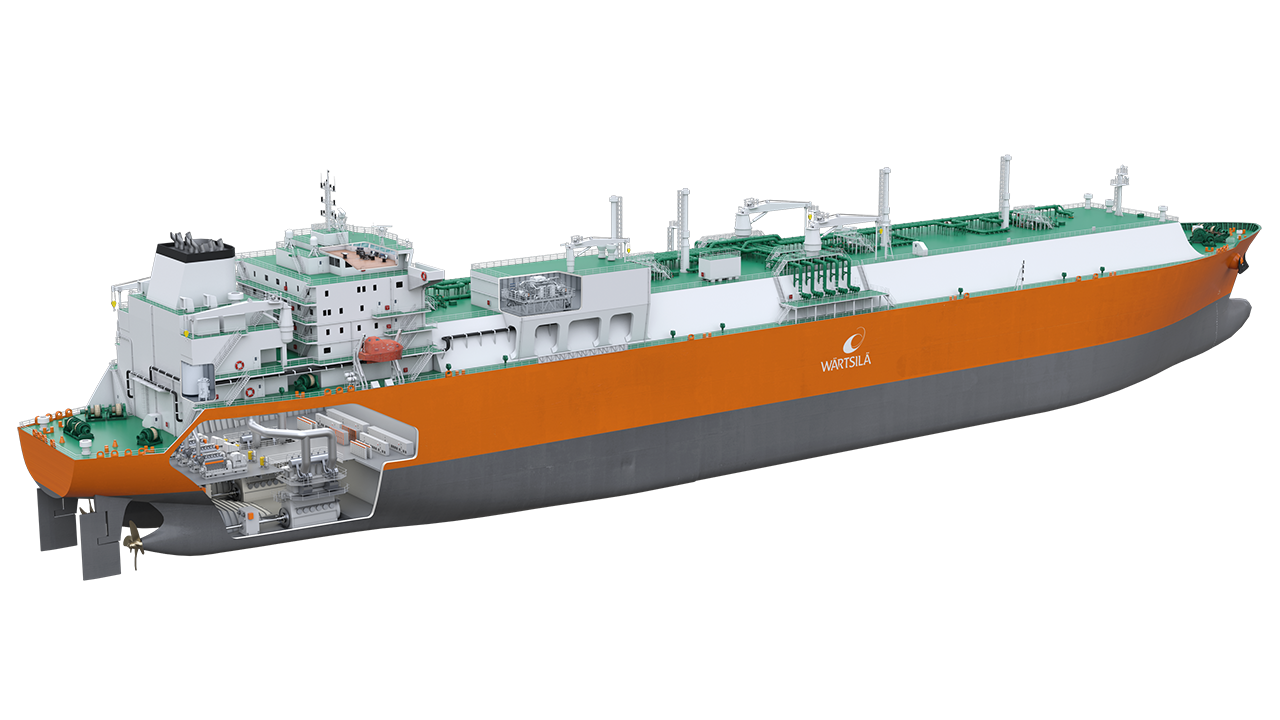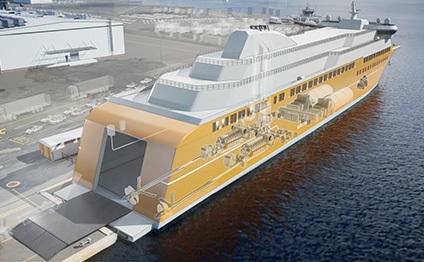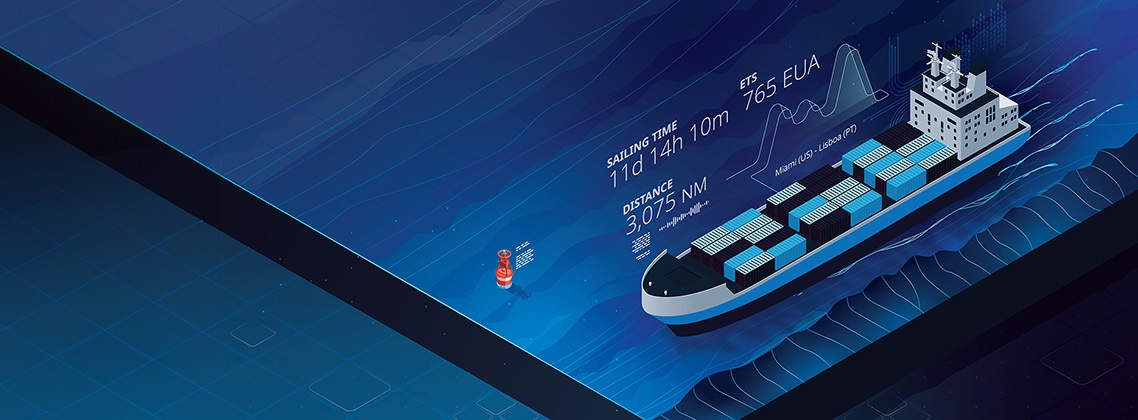

Efficient and flexible Solutions for LNG carriers
At Wärtsilä, we have set our sights on an ambitious goal. We believe that with our experience, know-how and broad portfolio of products and services, we can lead the industry's transformation towards a smart and sustainable marine ecosystem. But making this vision a reality will require much effort as businesses navigate the waters of an evolving market and make many complex decisions at the same time. As your partner, we are here to ensure that your business enjoys smooth sailing towards its ambitious goals. See how we can make your LNGCs even more efficient and reliable with integrated systems and care-free lifecycle operations.
Integrated solutions to boost your LNG Carrier operations
Benefits
Energy efficiency
In today's legislative and economic environment, both shipowners and operators have to get the most out of their assets. This goal can be achieved by optimizing their economic and environmental impact. For LNGCs, improvements in energy efficiency translate directly to increased profitability and more sustainable operations. Ranging from optimisation of engine and propulsion systems to the latest advancements in digital technologies and data intelligence, the available solutions are an effective way of future-proofing operations of individual vessels as well as entire fleets.
Operational optimisation
With a range of potential options to choose from, the future of the marine fuel market is not yet set in stone. But shipowners and operators cannot, and more importantly, do not have to wait with investment decisions. They can opt for increased fuel flexibility and come prepared for whatever the future holds. State of the art technology enables the adoption of clean fuels while relying on proven and trusted combustion engines. Furthermore, it also ensure compliance with emissions regulations and introduces potential cost savings too.
Integration
The future of the marine market is becoming more and more complex. And so are the investment decisions that shipowners and operators are faced with in order to future-proof their vessels. The search is on for intricate equipment solutions that can provide improved energy efficiency or the flexibility needed to utilize alternative fuels. What is more, the components needed to achieve this goal need to work perfectly on their own, but optimally also offer overall performance exceeding the sum of the individual parts - an achievement possible to obtain through integration.






















